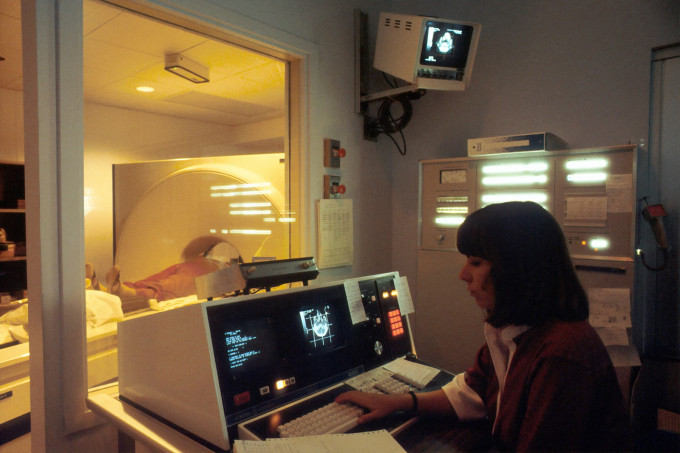Heavy periods drawing the life out of you? Learn how to tackle menorrhagia like a pro
As if bleeding once a month wasn’t enough, painfully heavy periods add fuel to the fire. Menorrhagia can put a pause on an otherwise happy and active life. Can it be treated at home, and more importantly, when should you visit the doctor? Indianexpress.com talks to Dr Anita Kant and learns more about the condition.
What’s menorrhagia?
“Menorrhagia refers to excessive bleeding from the uterus, especially when its more than 80ml blood during one menstrual cycle. Nowadays it is easy to judge based on the amount of blood collected in menstrual cups. Also, whenever bleeding is more on the excess side, it forms clots which may vary in size,” said Dr. Kant, Chairman-OBG Services & Robotic Surgery, Asian Hospital, Faridabad.

Common causes
When a young girl starts her period, the lack of egg formation may lead to menorrhagia, Kant points out.
“Common causes also include polycystic ovarian disorder, infections, tumours such as fibroids, hormonal problems like endometriosis and adenomyosis, or using contraceptives such as Copper T which result in heavy and painful periods.”
In perimenopausal women, if bleeding restarts after absence of period for over a year, it can be worrisome and a cause for cancer in the uterus, she adds.
 Get a thorough check up and investigate whether there’s any pre-existing underlying thyroid or endocrine issue, if the hemoglobin levels are lower than normal, or get an ultrasound scan done to check for polyps or tumours. (Source: Unsplash)
Get a thorough check up and investigate whether there’s any pre-existing underlying thyroid or endocrine issue, if the hemoglobin levels are lower than normal, or get an ultrasound scan done to check for polyps or tumours. (Source: Unsplash)
When should you visit the doctor
“The regular menstrual cycle is between 24 – 35 days. Thus, periods that lasts longer than 7 days is considered abnormal and if this irregularity continues for months on end, one should consult a doctor,” said Kant.
Get a thorough check up and investigate whether there’s any pre-existing underlying thyroid or endocrine issue, if the hemoglobin levels are lower than normal, or get an ultrasound scan done to check for polyps or tumours, suggests Kant.
Kant finds it difficult to predict who will experience menorrhagia, but if symptoms show up it’s best to visit a doctor and get a thorough check up and get treated. Now the consensus between gynecologists is to save the uterus, as retaining the ovaries is extremely beneficial to a woman’s body in the long run and helps in bone and heart health.
Regulating blood flow is of key importance. According to her, consuming greens and cooking in iron pots, increasing protein intake and maintaining hemoglobin levels between cycles becomes imperative, besides making sure that you’re eating properly.
Disclaimer: The copyright of this article belongs to the original author. Reposting this article is solely for the purpose of information dissemination and does not constitute any investment advice. If there is any infringement, please contact us immediately. We will make corrections or deletions as necessary. Thank you.

